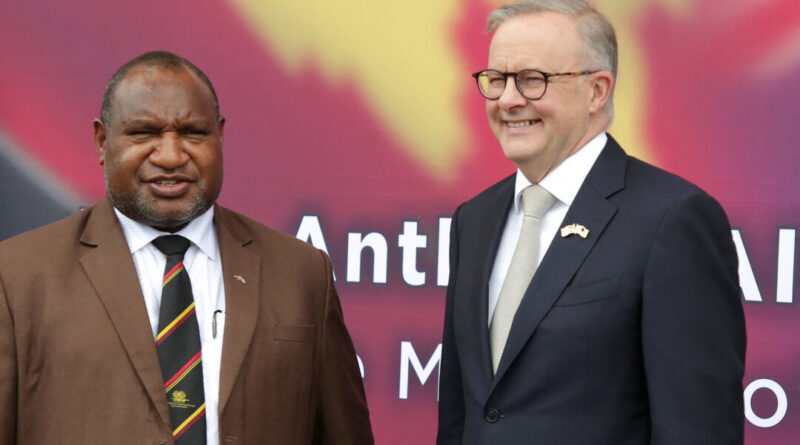Former Diplomat Believes Pacific Nations will Prioritize Values over Money, Making Beijing Unlikely to Win Them Over
Australia’s former senior diplomat to Papua New Guinea emphasizes that the people of the Pacific cannot be swayed by money.
According to a former diplomat, Beijing’s attempts to expand its influence in the South Pacific are unlikely to disrupt the West’s ties with the region.
Mr. Kemish, who served as Australia’s former ambassador to Germany and high commissioner to Papua New Guinea, stated that Australian authorities are engaged in a “contest of values” for the region.
Speaking at the “Securing our Future” forum hosted by the Australian National University’s National Security College in Brisbane on June 12, he emphasized the importance of Australia’s identity in influencing the region, calling it a crucial factor in the ongoing contest of values.
Money Not What the People Want
Mr. Kemish, now an adjunct professor at the University of Queensland, highlighted that monetary incentives are insufficient to win over South Pacific nations, stressing that intangible factors are what truly matter to the people.
He pointed out that the values and identity offered by Australia significantly outweigh the authoritarian values promoted by Beijing, noting concerns in the region about China’s influence on crucial aspects like media freedom and political expression.
Mr. Kemish also dispelled the belief that Beijing is heavily investing in aid in the region, indicating a more strategic and limited focus by China.
Furthermore, he emphasized that true transformation in countries comes from national leadership rather than external aid programs.
The professor’s remarks come in a time when Pacific nations are facing challenges with their democratic institutions amidst increasing influence from the Chinese Communist Party.
Several nations, like Vanuatu and the Solomon Islands, have experienced constitutional crises while others have strengthened ties with Australia, such as Tuvalu signing a security deal to grant Australia “veto” power over their security agreements.



